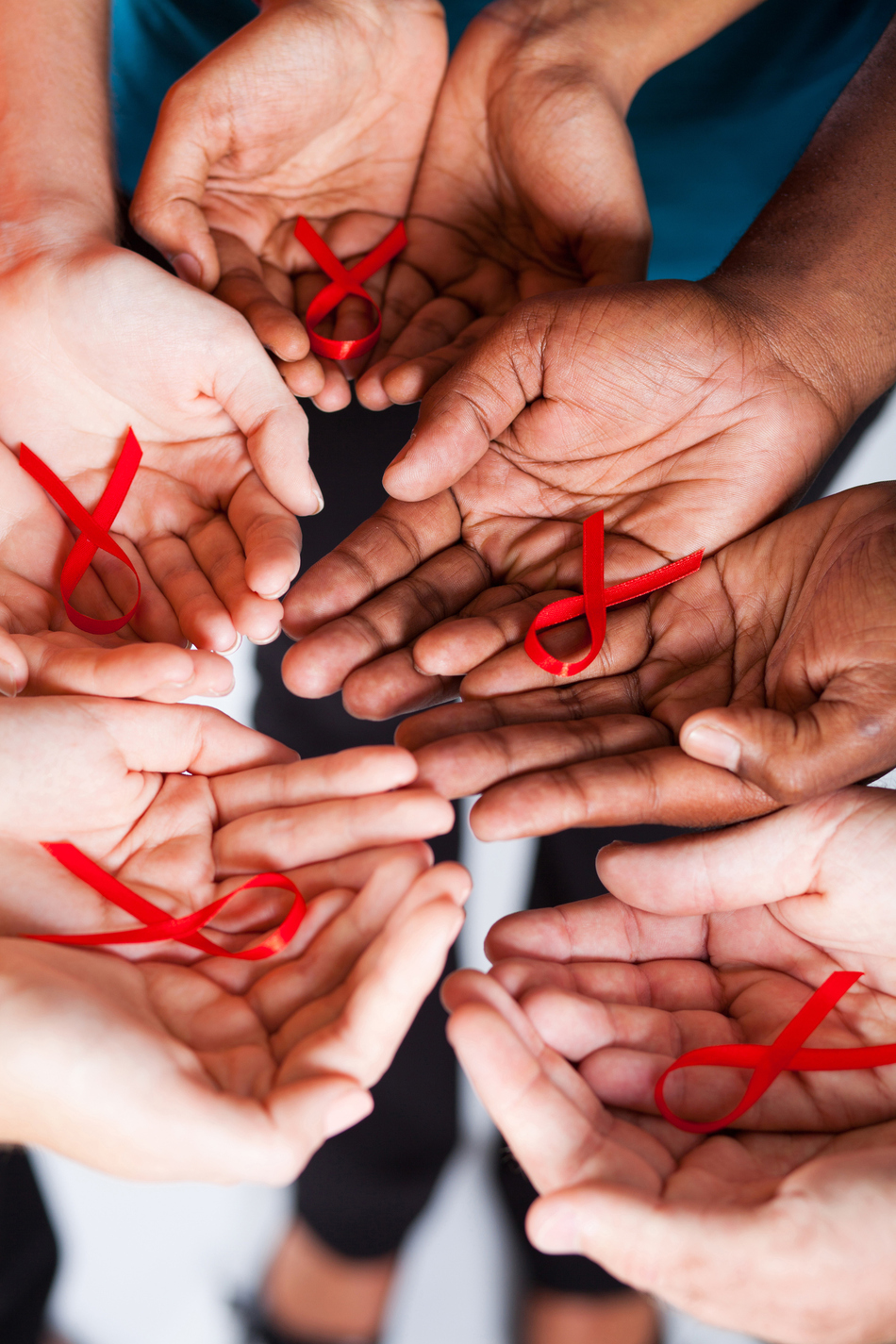
Episode Transcript
Interviewer: New FDA approved oral medication that has been shown to prevent transmission of HIV, we're talking about PrEP today on The Scope.
Announcer: Health tips, medical news, research, and more for a happier, healthier life. From University of Utah Health Sciences, this is The Scope.
Interviewer: We're here with Dr. Claudia Goulston. She is the associate professor in infectious diseases, and she is a HIV specialist. When it comes to HIV, prevention is huge, right?
Dr. Goulston: Correct.
Interviewer: Because I've been hearing that it's what, 40,000 new cases in America each year?
Dr. Goulston: That's the ones that are known.
Interviewer: Why did you specify that? Are there tons that aren't known?
Dr. Goulston: Potentially, there's a lot more than that. They actually estimate around 50,000 at least.
Interviewer: And that number doesn't seem to be changing. Why is that?
Dr. Goulston: No. Because even though we prevent cases, some people are not on medications and some people also don't know that they're HIV positive, and so their risk is high and spreading it to other people.
Interviewer: When it comes to prevention, what is the tried and true best way to prevent infection?
Dr. Goulston: Condoms, first.
Interviewer: Is it that simple?
Dr. Goulston: It's that simple. But there's also PrEP, which is pre-exposure prophylaxis, which is with a medication that they can take called TRUVADA, and that helps prevent cases in people who engage in higher risk behaviors.
Interviewer: I've seen down at the Pride Center and stuff, there's posters and stuff about PrEP. What is PrEP exactly? How does it prevent? It sounds like it's a full blown vaccine, but . . .
Dr. Goulston: No. It's a medication that you have to take every day and it prevents you from getting HIV if you engage in sex or exchange blood with someone who has HIV.
Interviewer: Now, is it expensive?
Dr. Goulston: It's extremely expensive. It's about $1,700 a month.
Interviewer: Wow, and is that just because it's new? Is that because . . .
Dr. Goulston: No. That's the cost. It's not new.
Interviewer: So it might be a little easier to just . . .
Dr. Goulston: It's part of the cocktail that we give patients when they have HIV.
Interviewer: It's the same cocktail that you give after the infection, but it helps prevent it?
Dr. Goulston: Correct.
Interviewer: What are some of the side effects of PrEP?
Dr. Goulston: First, you have to have to not be HIV positive to begin with. We screen patients for that. It can also treat hepatitis B, which is one of the good things about it. But as far as side effects, it can cause renal toxicity which is kidneys, and it can also cause osteoporosis or thinning of the bones.
Interviewer: Are those side effects pretty common? Are those . . .
Dr. Goulston: The thinning of the bones takes a while and the kidney dysfunction can occur in not the majority, but in some patients it can occur.
Interviewer: This isn't necessarily . . . It's not 100% prevention?
Dr. Goulston: No.
Interviewer: What are the rates of prevention?
Dr. Goulston: It's supposed to be helpful in up to 90% if you take it. But if you don't take it, it doesn't work, number one. Then if you have someone who has a more resistant virus and they are the person who's infecting you, there has been one case of transmission in someone who is taking PrEP and was documented to actually be taking it at the time that they were infected, but they got it from someone who had a resistant virus.
Interviewer: What kind of patient is PrEP good for?
Dr. Goulston: Anyone who has multiple partners. It would be a good person or someone who is monogamous with a partner who is HIV infected, that would be a good one, or someone who is in a partnership and they want to get pregnant, and one of the couple is positive and the other one is negative.
Interviewer: After talking about prevention and PrEP, if there is someone who is wondering about it or might be engaging in some of these behaviors that might expose them to HIV, what is the one take-away message you would have for them?
Dr. Goulston: That PrEP is effective and it can reduce the risk for HIV by at least 90%, and that they should come in if they're so interested, and we can help them.
Announcer: Want The Scope delivered straight to your inbox? Enter your email address at thescoperadio.com and click "Sign Me Up" for updates of our latest episodes. The Scope Radio is a production of University of Utah Health Sciences.